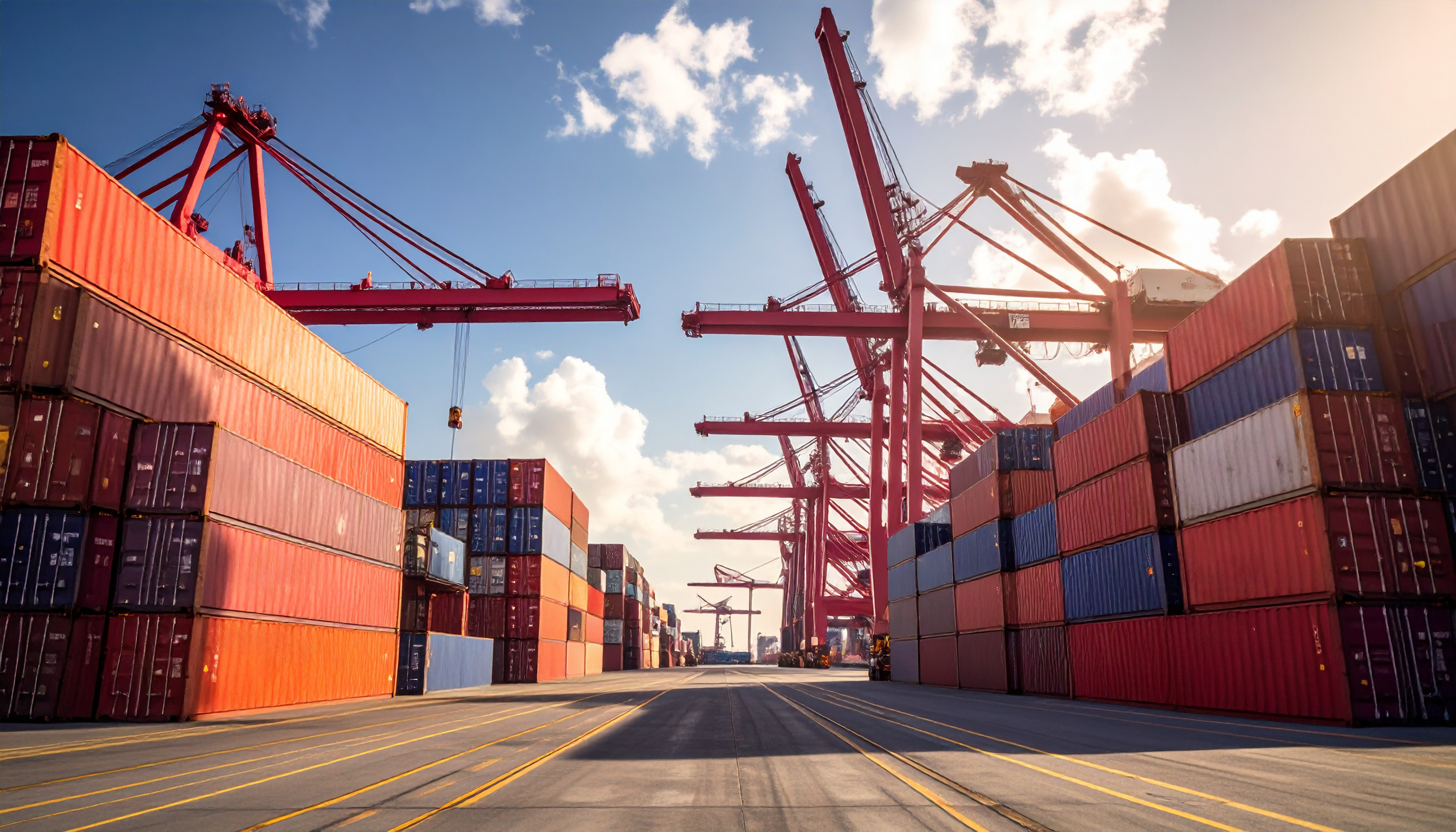The Trump administration has introduced aggressive new trade measures targeting major U.S. partners, including the European Union, Mexico, and Canada. Officials say these steps aim to correct perceived trade imbalances, but critics warn of escalating costs and ripple effects across supply chains. Below are the five most important developments as of mid-July 2025 and what they could mean.
1. Steep 30% Tariffs Announced on EU & Mexico Imports
Beginning August 1, 2025, all imports from the European Union and Mexico are slated to face a 30% tariff, excluding certain sectoral tariffs already in place (for example, existing auto tariffs). President Trump and his administration have framed the move as enforcing “balanced and fair trade” in dealings with the EU and Mexico.
2. Canada Faces 35% Tariffs Over Trade Disputes and Fentanyl Concerns
Canada is in line for higher tariffs of 35% on Canadian goods, as of the same August 1 date. Key reasons cited by the administration include combating fentanyl trafficking and addressing what it considers unfair trade practices. Canadian leaders have expressed alarm, warning of harm to businesses, consumers, and bilateral supply chains.
3. Threats Extend to Pharmaceuticals: Tariffs up to 200% Possible
In addition to goods currently targeted, there are warnings that pharmaceutical imports could see tariffs of up to 200% if trade partners do not comply. Analysts at major financial firms are cautioning that such extreme duties could severely raise drug prices, create shortages, and compress margins within the pharmaceutical supply chain.

4. Retaliation & Diplomatic Pushback Brewing
EU Commission President Ursula von der Leyen, Mexican President Claudia Sheinbaum, and Canadian Prime Minister Mark Carney have all pushed back against the proposed tariffs. Their concerns focus on the impact on consumers, business costs, and supply chain integrity. The EU, in particular, warns it may unleash proportionate countermeasures if no agreement is reached before the deadline.
5. Uncertainty Remains Over Enforcement, Exemptions, and Supply Chain Impact
While the deadlines and rates are publicly announced, many details remain unclear:
- Which goods will be exempt (some sectoral tariffs are already carved out)
- How enforcement will work, especially for pharmaceuticals or essential goods.
- The extent to which supply chains will shift, companies may try to shift production, re-route imports, or find alternative suppliers.
- Whether fast counter-measures will escalate trade tensions.
Economic analysts warn that businesses and consumers could face higher costs, logistical complexities, and inflationary pressures.
What This Means Going Forward
As these tariff measures come into effect, several trends are likely:
- Companies may begin restructuring supply chains to avoid steep tariffs, shifting production or sourcing.
- U.S. consumers may see higher prices on imported goods, especially pharmaceuticals.
- Trade partners may respond with tariffs or legal action, possibly through WTO channels.
- The volatility may dissuade investment in affected industries until clarity or resolution is achieved.
Conclusion
President Trump’s sweeping tariff plans aim to reshape trade relations with the EU, Mexico, and Canada, targeting imported goods with some of the steepest rates seen in recent years. With August 1 as the deadline, the world is watching whether bilateral deals can defuse the tension—or whether both sides will brace for the economic fallout. For supply chains, pharmaceuticals, and international commerce, this may mark a turning point in how trade policy is deployed and contested.





